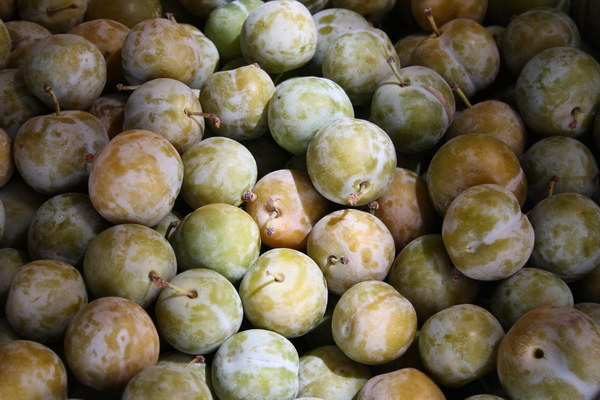Unlocking the Power of Hypolipidemic and Antioxidant Principles for Liver Protection and Enzyme Reduction
Introduction:
The liver plays a crucial role in maintaining our overall health by processing nutrients, detoxifying harmful substances, and producing essential proteins. However, due to various factors like unhealthy lifestyle, exposure to toxins, and chronic diseases, the liver can become overloaded, leading to elevated liver enzymes and compromised liver function. This article delves into the principles of hypolipidemic and antioxidant agents that can help in lowering liver enzymes and promoting liver health.

1. Hypolipidemic Agents
Hypolipidemic agents are substances that help in reducing blood lipid levels, particularly cholesterol and triglycerides. Elevated levels of these lipids can contribute to the development of non-alcoholic fatty liver disease (NAFLD), a leading cause of liver enzyme elevation. Here's how hypolipidemic agents work:
a. Inhibition of cholesterol synthesis: By blocking the enzyme HMG-CoA reductase, hypolipidemic agents reduce the production of cholesterol, which can accumulate in the liver and lead to inflammation and enzyme elevation.
b. Enhanced excretion of lipids: These agents promote the removal of excess lipids from the liver, thus reducing the risk of NAFLD and liver enzyme elevation.
c. Anti-inflammatory effects: Some hypolipidemic agents have anti-inflammatory properties, which can help alleviate liver inflammation and reduce enzyme levels.
2. Antioxidant Agents
The liver is exposed to various oxidative stressors, including free radicals, toxins, and reactive oxygen species (ROS). Over time, this oxidative stress can damage liver cells, leading to elevated liver enzymes and compromised liver function. Antioxidant agents can help counteract this damage by:
a. Scavenging free radicals: Antioxidants like vitamin E, vitamin C, and selenium can neutralize free radicals, preventing them from causing cellular damage.
b. Enhancing antioxidant defenses: These agents can boost the production of endogenous antioxidants, such as glutathione, which play a crucial role in protecting liver cells from oxidative stress.
c. Reducing inflammation: Antioxidants can help reduce liver inflammation, thereby lowering liver enzyme levels.
3. Synergistic Effects of Hypolipidemic and Antioxidant Agents
The combination of hypolipidemic and antioxidant agents can provide a comprehensive approach to liver protection and enzyme reduction. By targeting both the underlying causes of liver damage and the oxidative stress associated with it, these agents can offer the following benefits:
a. Improved liver function: The combined effects of hypolipidemic and antioxidant agents can help improve liver function, leading to a reduction in liver enzymes.
b. Prevention of liver disease progression: By addressing both lipid accumulation and oxidative stress, these agents can help prevent the progression of liver diseases like NAFLD and non-alcoholic steatohepatitis (NASH).
c. Enhanced overall health: A healthy liver is essential for overall well-being. By reducing liver enzyme levels and promoting liver health, hypolipidemic and antioxidant agents can contribute to better overall health.
Conclusion:
In conclusion, the principles of hypolipidemic and antioxidant agents can be a powerful tool in the fight against liver disease and enzyme elevation. By targeting the underlying causes of liver damage and oxidative stress, these agents can help improve liver function, reduce enzyme levels, and promote overall health. Incorporating these agents into a liver-healthy lifestyle can be a crucial step towards maintaining a healthy liver and preventing liver-related complications.









